contributors
Dmitry Minin

Independent analyst and researcher
all articles
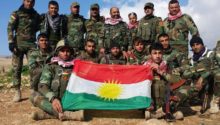

What awaits Rojava? The only thing that can save it would be the recognition of the sovereignty of Damascus within its borders.
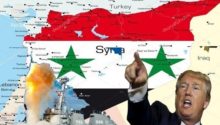

The White House has had a hot new idea – to leave Syria but also stay there at the same time by deploying an Arab contingent to US military bases, primarily from the Kingdom of Saudi Arabia (KSA). So to Arabize one of the bloodiest wars of our time in keeping with the bitter memory of Vietnamization.


Many experts believe that the Islamic State is assembling its forces to launch major offensives in Libya and Egypt in the near future, the main aim of which is to establish a “new empire” to make up for the extremists’ losses in Iraq and Syria.
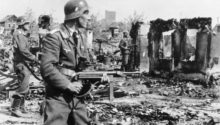

Surprisingly, the fate of the most zealous members of some crippled Islamic State units is reminiscent of what happened at the end of World War II, writes Dmitry Minin.
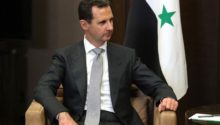

The bulk of the opposition groups that take their cues from Riyadh fully agree with the Syrian president’s approach per se. They are also opposed to a federal system being foisted upon the country and make their arguments from a position of pan-Arabism. But Assad views this principle in a more secular light.
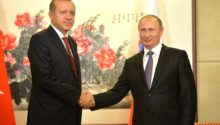

From the standpoint of Turkey’s real interests, gradual rapprochement with its regional neighbors – Iran, Iraq, Syria, and Russia, as well as with global unions such as the Shanghai Cooperation Organization – may be more promising.


The lifting of the siege of Deir ez-Zor by Islamic State (IS) militants quite rightly raised hopes that the civil war in Syria would soon be coming to an end. As soon as it became clear how the battles for the city were going to end, however, Kurdish forces from the Syrian Democratic Forces (SDF), wanting to get a slice of the pie, began to interfere.
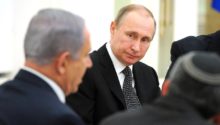

The stated purpose of Israeli Prime Minister Benjamin Netanyahu’s sudden Aug. 23 trip to Sochi and meeting with the Russian president was to update him about the «scale of Iran’s military footprint in Syria». However, this is something Tel Aviv does with enviable regularity, and since Russia already has a presence on the ground in Syria, Israel would be hard-pressed to be able to offer Moscow any new information on this. Moreover, according to the Israeli press, a less prominent Israeli delegation presented a similar report some time ago in Washington that failed to make much of an impression there.
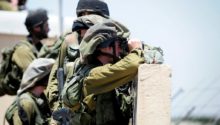

Israel’s leaders have thus far proclaimed a policy of neutrality and nonintervention in the Syrian war, although they have not concealed their sympathy for the pro-Western faction of the opposition and have offered them certain types of aid. Israel has admitted injured militants to its hospitals for treatment. It has provided them with material support, including some confirmed, modest shipments of military supplies. Along with the Americans, Israeli advisers have trained Syrian recruits inside Jordan, contributing to the work of the joint Military Operations Center near Amman.
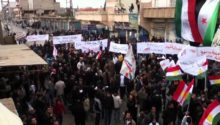

…The leaders of the Syrian Kurds must now grapple with the enormous responsibility of making a fateful decision for their people. They can either refrain from throwing obstacles in Damascus’s way, helping to build a new version of the state in which they will have far more rights than they used to have in Syria, or they can choose the opposite path, doing the bidding of what Robert Ford has called the «immoral» foreign politicians and embark on adventures that will end with them losing everything they have gained.



